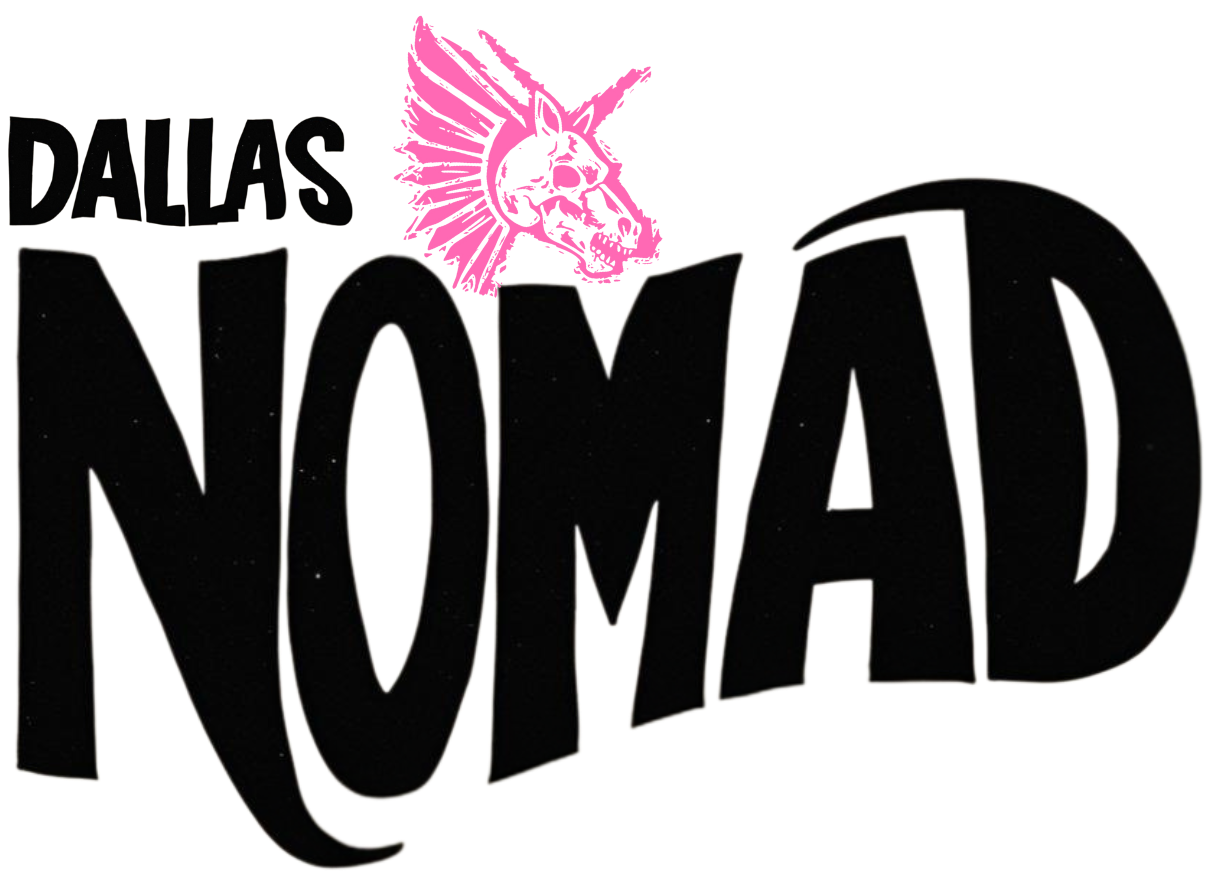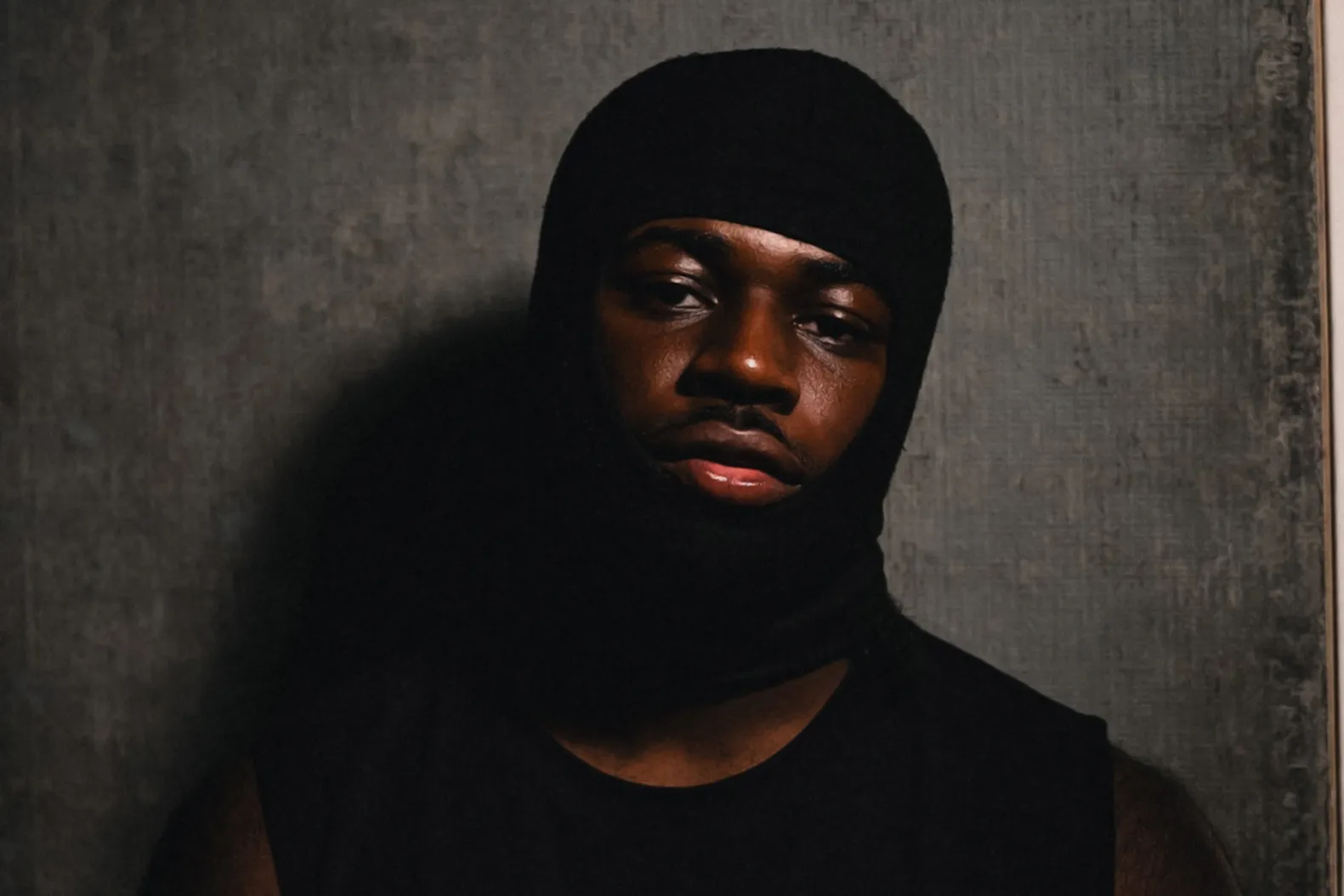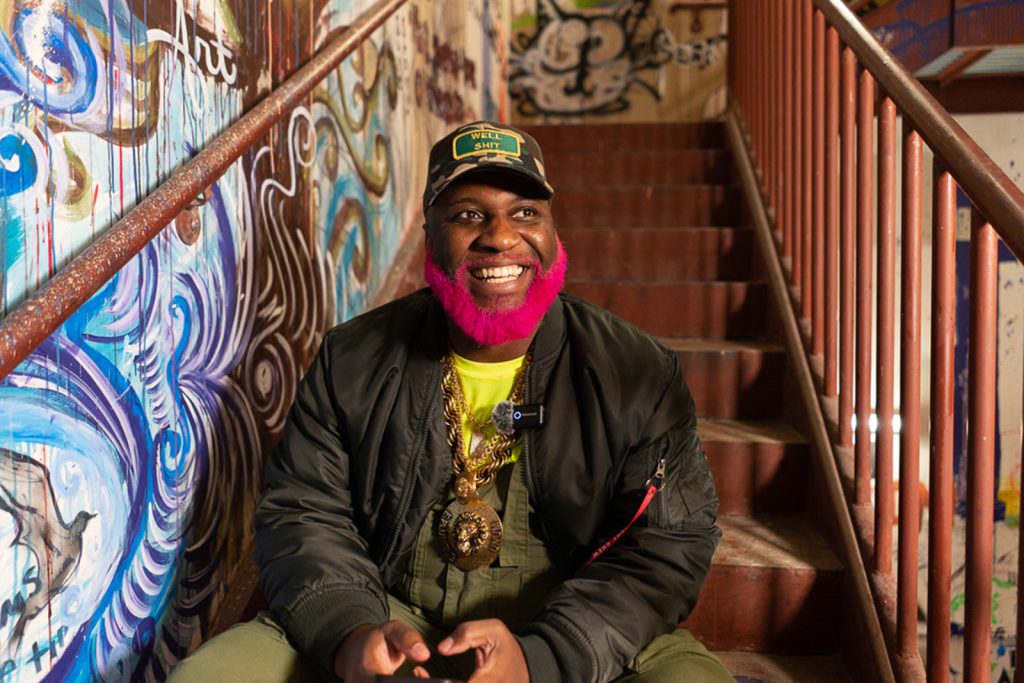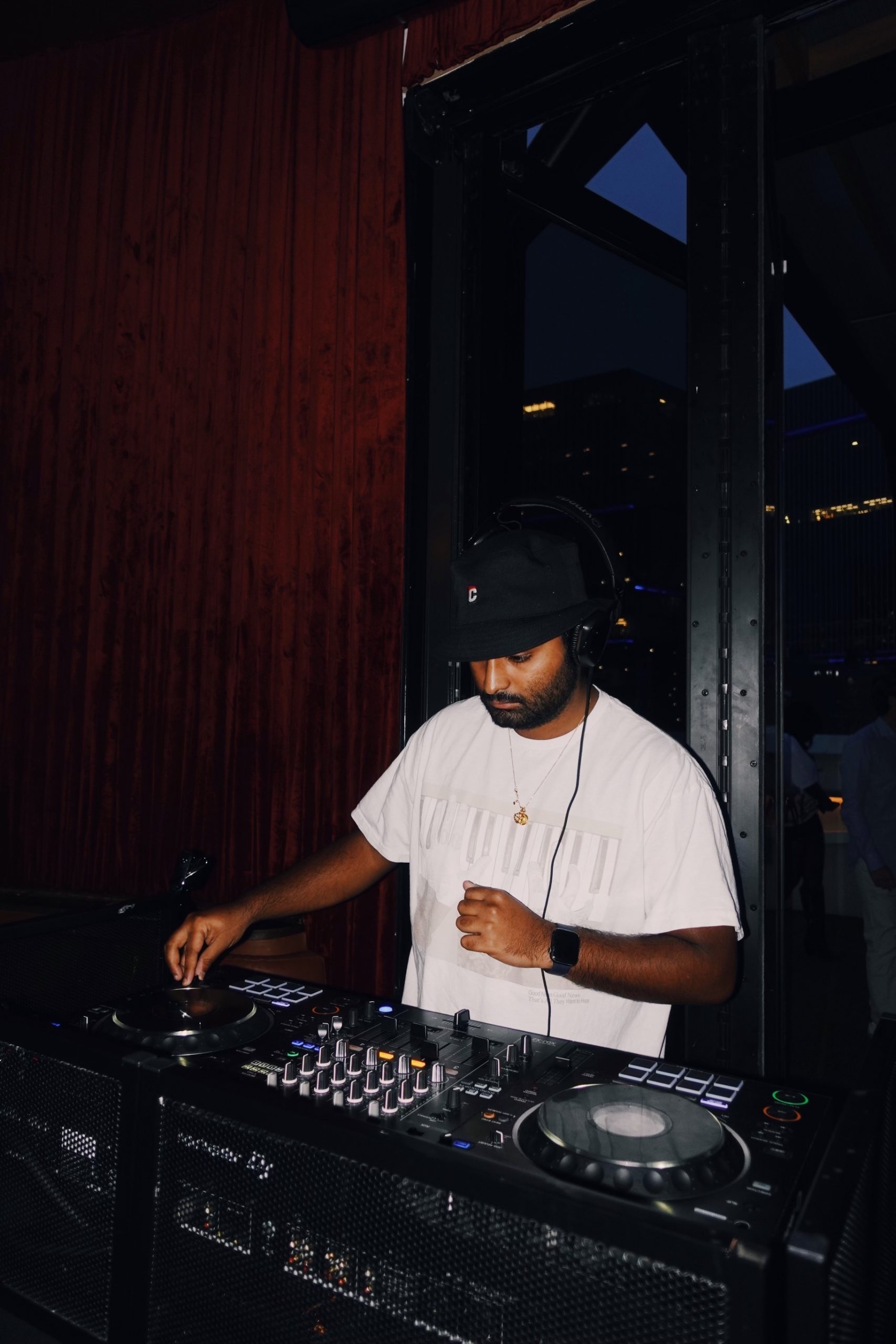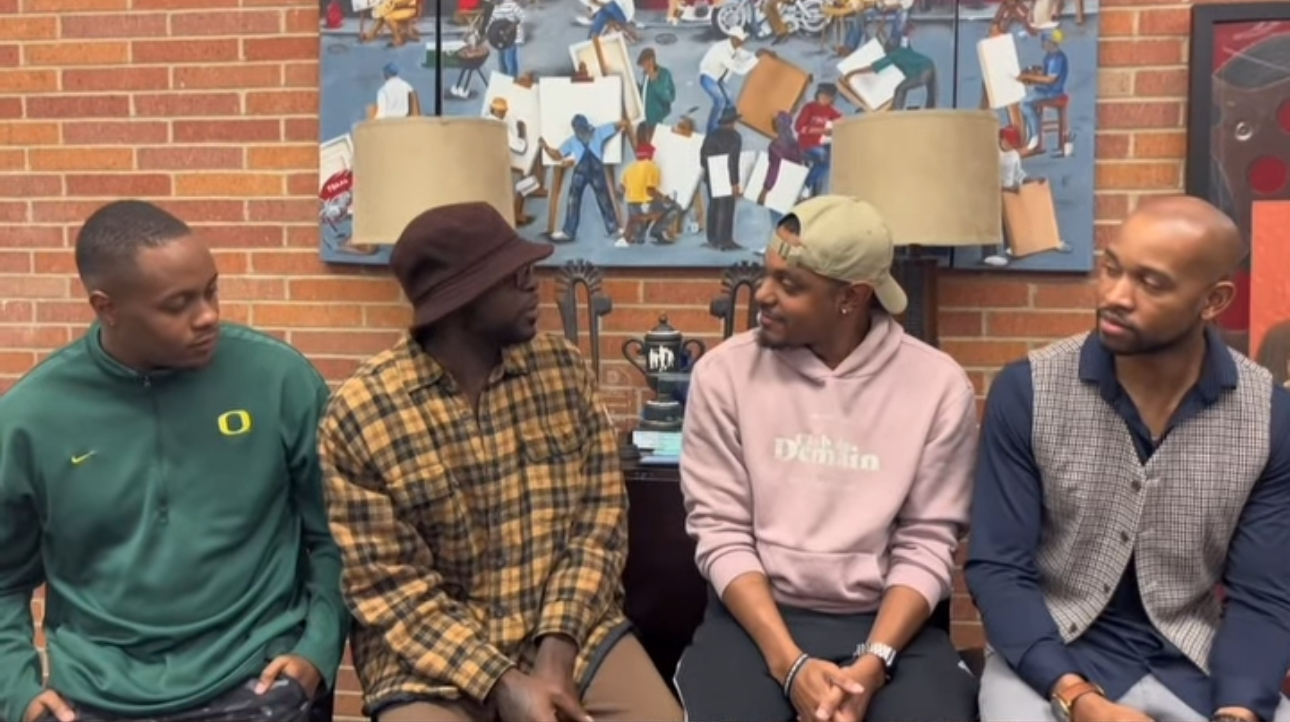The rise of 4Batz is exciting but not surprising. The Oak Cliff artist comes from a culture that’s made itself a critical ingredient in the genre for decades.
On 4Batz’s debut mixtape, the body of work opens with the artist musing on his massive success.
However, the most distinct aspect of the intro is the low-battery chirp of a smoke detector in the background; a minor touch that intentionally or inadvertently sets the tone for the album. Likewise, Neko Bennett/4Batz brings a refreshingly genuine vibe to hip hop. And if you’re familiar with the characteristic piercing beep, you might know that it is commonly overheard throughout low-rent apartment complexes in Oak Cliff and Fair Park
While Bennett’s music is best described as a melodic, almost dulcet drill, it is as observant to its own formula as it is subversive to the origin of each of its component elements. This isn’t to say that Bennett’s music is a huge revelation for the genre or without its flaws, the mixtape pleases fans with nonlisteners largely apathetic to it. 4Batz is a typical character you might know peripherally if you go to house parties off Ledbetter. But what’s undeniable about his approach is that it has captured the attention of a massive audience through a simple, yet cohesive and distinctive sound. And that ingenuity has consistently been one of the strongest qualities of Oak Cliff hip hop.
However, it’s important to note that the term ‘Oak Cliff hip hop’ is incredibly loose. This is an umbrella that includes the likes of The D.O.C. and Yella Beezy, as well. And between all artists from Oak Cliff, there’s not much significant overlap other than the holistic approach each artist brings. Sure, there’s commonalities at times, but none that are uniquely Dallas. But the city’s overall sound in hip hop is less about consistent elements of production or flow and much more about attitude, methodology, and the approach to the sound’s construction itself.
More through spirit than raw sonics, Dallas has provided a tangible contribution to the fabric of hip hop. Brightly colored threads exist in the form of The D.O.C.’s production on NWA’s early records or the massive influence of Mama’s Gun by Erykah Badu. But it’s almost impossible to identify recurring elements across hip hop and rap music in Dallas, let alone Oak Cliff. At least not in the same way that Atlanta, West Coast, or East Coast hip hop have some specific genre components.
No, good Oak Cliff hip hop is most consistently self-contextualized. 4Batz’s sound has the same sheen of polish that Mo3’s delivery had in the sense that they are both indisputably well-rehearsed. The same could be said about Yella Beezy, Big Tuck, and The D.O.C. It’s not that the respective cuisines have real similarities, it’s that the recipes are all contained within their own artists’ cookbooks. It’s not that the art is saying the same things, but rather that these artists all create their own musical dialect. Likewise, you’d be hard pressed to find a significant commonality between Southside Da Realist and Act II: Date @ 8.
Meanwhile, you can find shades of Wu Tang in rap records of New York artists across decades to the present day ever since Enter the 36 Chambers’ release. But Dallas is simply too individualistic for that. And that’s neither a compliment nor a diss. But whether its most successful artists realize it or not, Oak Cliff curates its image through its natives’ own respective lens, defining dimensions relative to their own wingspan.
4Batz’s first full-length album, Thank U, Jada, is expected to be released early 2025.
